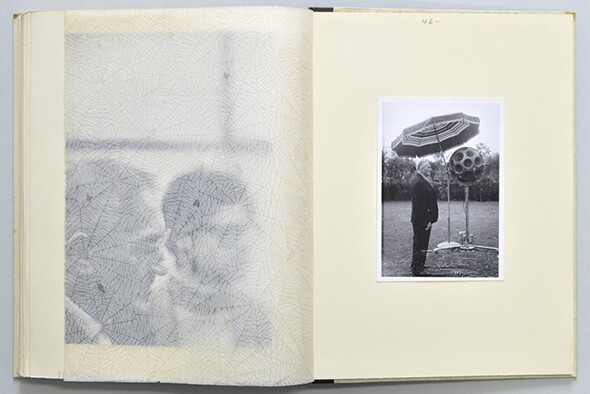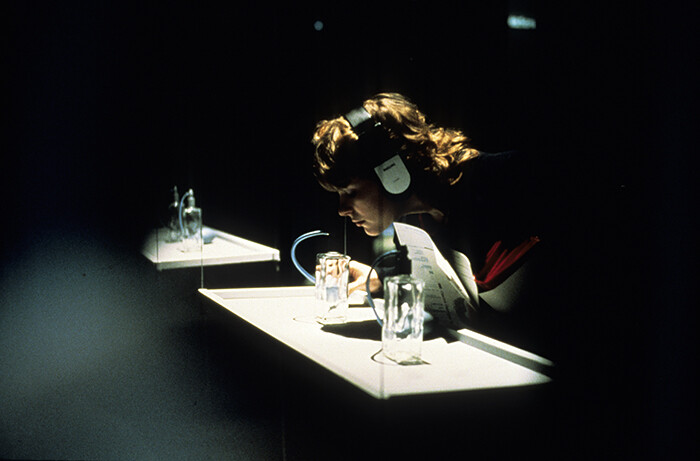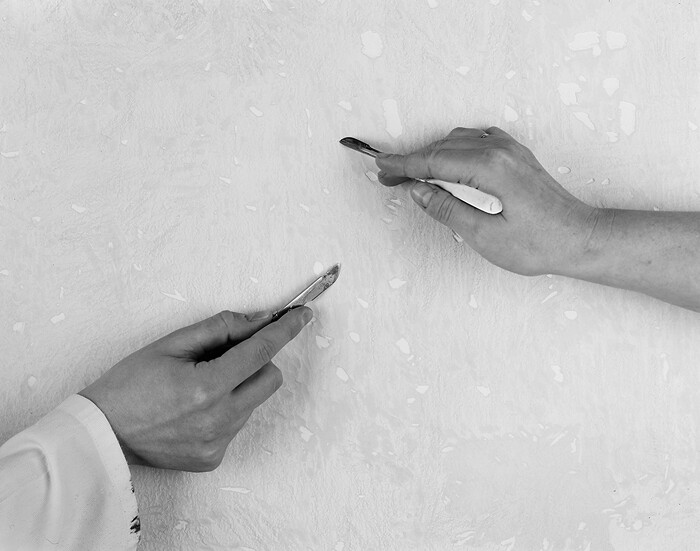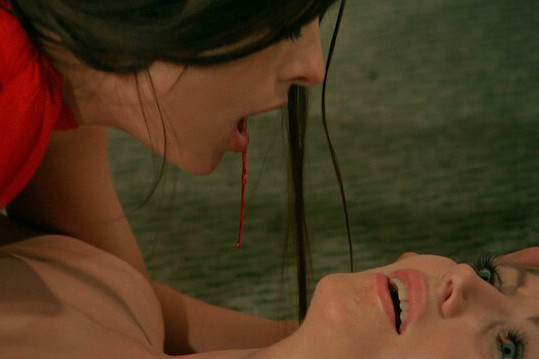Theodor W. Adorno
Plato seeks to explain beauty only in terms of its effect, but beauty is supposed to be nothing but the imitation of the idea of beauty—this seemingly merely exegetic remark on the Plato passage is, if I am not mistaken, of the most central imaginable significance for the establishment of an aesthetics. For it means that neither can we explain the idea of beauty or the idea of art as such in directly objectivist terms—that is to say, without reflection on the spirit, without reflection on humans and their attitude towards objectivity—nor, on the other hand, is this idea of art or this idea of beauty limited to the context of effects that it imposes on us; rather, it is essentially objective and has an objective aspect. In other words: if I could already formulate here the polarity which one encounters in Plato, if one does not wish crudely to impose an inconsistent theory on him, one must say that the underlying conception of beauty itself here is a dialectical conception of beauty. This means that beauty itself, by its own nature, presents itself as mediated, inherently as something like a tension between subjective and objective aspects. And when I told you that all the motifs of aesthetics that ever unfolded in later times are already present here, as if in a kind of sacred foundational text, then this is primarily what I had in mind. For even at its highest peak, at the Hegelian peak, aesthetic speculation did not get any further than that definition of beauty which termed beauty itself—instead of calling it being in a static, object-like sense—just such a state of tension between subjective and objective aspects.
Hermann Scherchen: alles hörbar machen II
Fani Kostourou



















